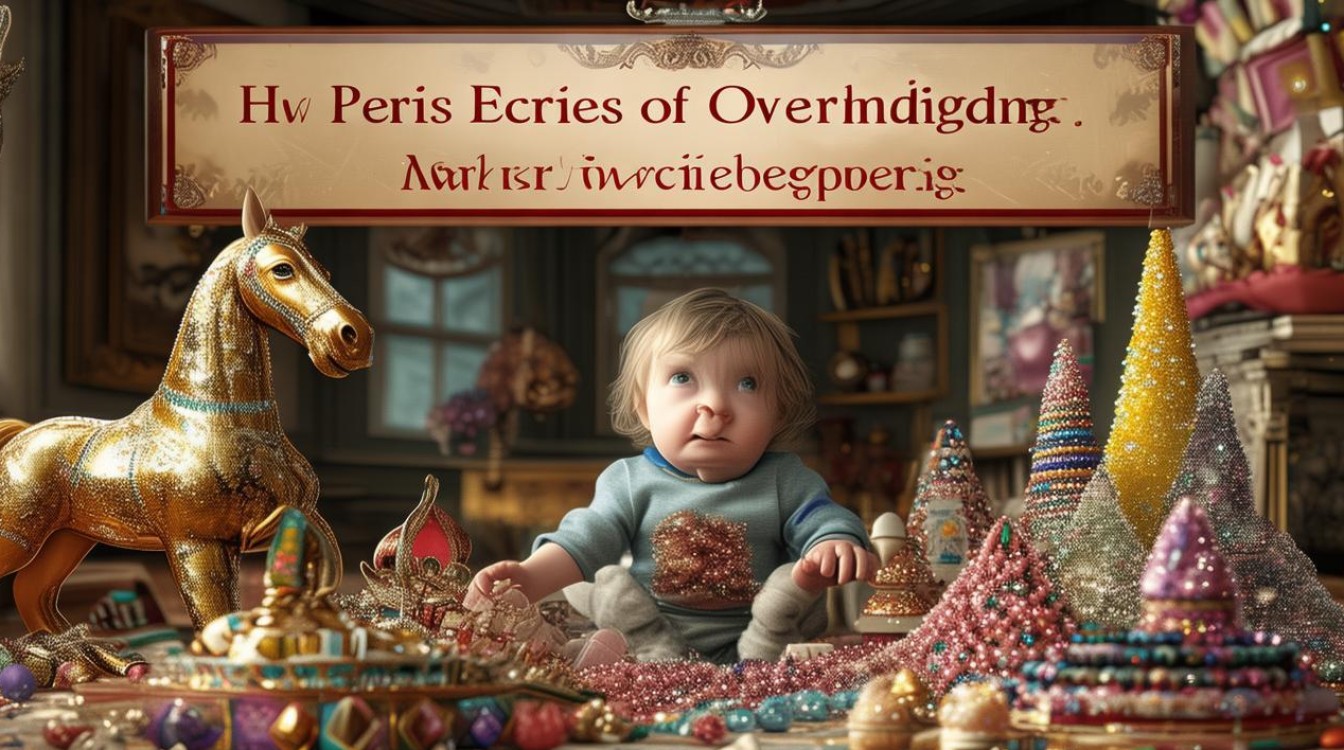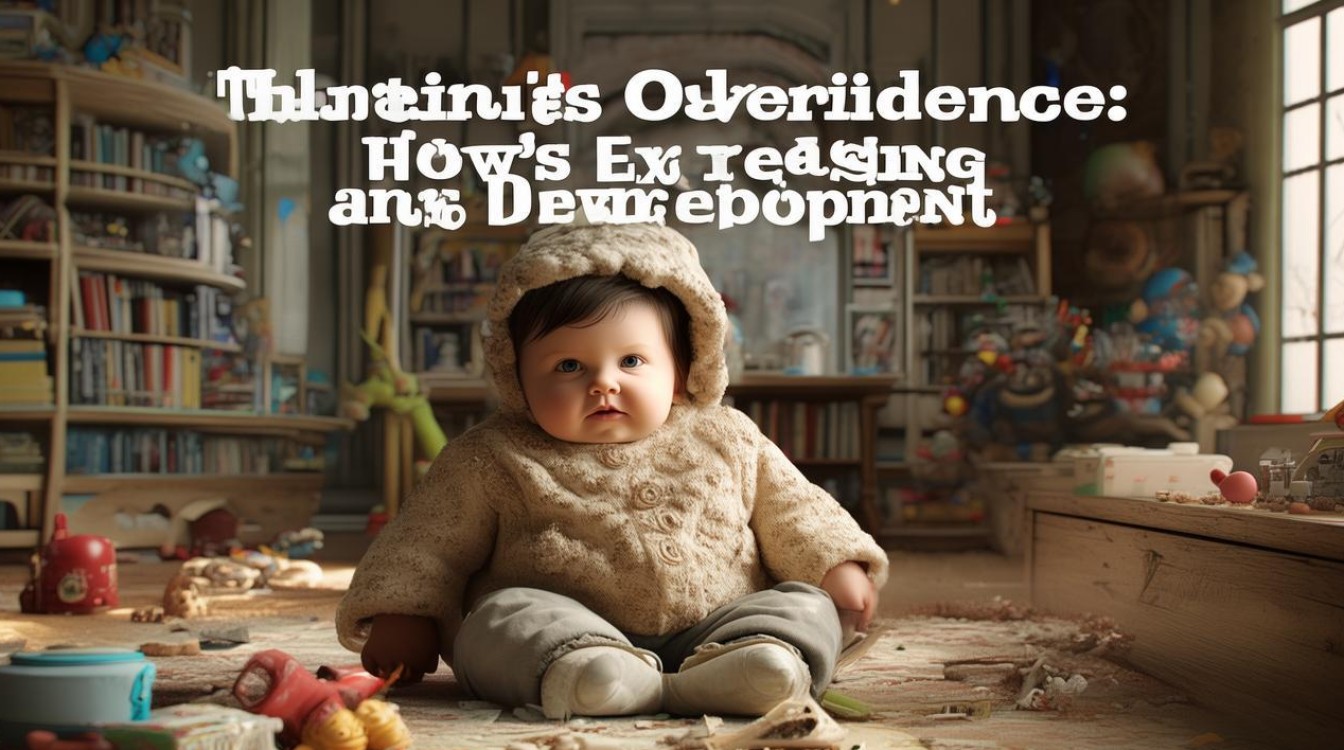In modern society, the concept of parenting has evolved dramatically. While love and care are essential for a child’s growth, an excess of either can lead to detrimental outcomes. Overindulgence, often disguised as affection, creates a generation ill-equipped to face life’s challenges. This phenomenon isn’t confined to any single culture; it’s a global issue with far-reaching consequences.

The Illusion of Helpful Love
Parents who overindulge their children believe they are providing the best possible upbringing. They shield them from failure, fulfill every desire, and intervene at the slightest sign of discomfort. Yet, this approach backfires. Children raised without boundaries or consequences struggle to develop resilience.
Studies in developmental psychology highlight that overcoming small failures early in life builds emotional strength. When parents remove these opportunities, they inadvertently foster dependency. A child who never learns to cope with disappointment becomes an adult unable to handle rejection or setbacks.
Academic and Social Consequences
In educational settings, overindulged children often exhibit entitlement. Teachers report increasing instances of students expecting high grades without effort. These children struggle with teamwork, as they’re accustomed to having their way. Peer relationships suffer, too. Friends may grow resentful of one-sided dynamics where the overindulged child dominates decisions.
Social skills are honed through compromise and conflict resolution. Without these experiences, children miss critical developmental milestones. They enter adulthood lacking empathy and adaptability, traits essential for professional and personal success.

The Economic Impact
Overindulgence doesn’t just affect individuals; it has broader economic implications. Young adults accustomed to having their needs instantly met may lack financial literacy. They’re more likely to accumulate debt, struggle with budgeting, or rely on parents well into their twenties.
Employers also note a rise in workplace challenges. Younger employees, raised with excessive praise and minimal accountability, often resist constructive criticism. They may expect rapid promotions without demonstrating the necessary skills or work ethic. This mismatch between expectation and reality leads to high turnover rates and dissatisfaction.
Cultural Shifts and Generational Differences
Previous generations valued frugality and self-reliance. Today, consumer culture and social media amplify the pressure to overindulge. Parents compete to provide the latest gadgets or luxury experiences, fearing their child will feel left out. This cycle perpetuates materialism over meaningful growth.
Cultural narratives often glorify busy parents compensating with extravagant gifts. However, children crave time and engagement more than possessions. A weekend spent hiking or cooking together fosters deeper connections than the most expensive toy.

Breaking the Cycle
Change begins with awareness. Parents must recognize the difference between supportive love and stifling overprotection. Simple adjustments can make a profound difference:
- Encourage Problem-Solving – Instead of rushing to fix every issue, guide children to brainstorm solutions.
- Set Clear Boundaries – Consistent rules teach responsibility and respect for others.
- Normalize Failure – Let children experience minor disappointments and praise effort over outcomes.
- Model Delayed Gratification – Demonstrate patience and saving for long-term goals.
Schools and communities play a role, too. Programs teaching financial literacy, emotional intelligence, and teamwork can supplement parental efforts.
The Bigger Picture
Society often mistakes overindulgence for good parenting. Yet, true love prepares children for independence, not perpetual dependence. The goal isn’t to withhold affection but to balance it with realistic expectations.
Children raised with healthy boundaries become adults who navigate life’s complexities with confidence. They appreciate earned success, build stronger relationships, and contribute positively to their communities.

Overindulgence might feel like love in the moment, but its long-term effects are anything but nurturing. The greatest gift parents can offer isn’t constant protection—it’s the tools to thrive without it.
Raising resilient, capable individuals requires courage. It means stepping back when instinct says to step in. In the end, the children who face challenges—and overcome them—are the ones who flourish.

